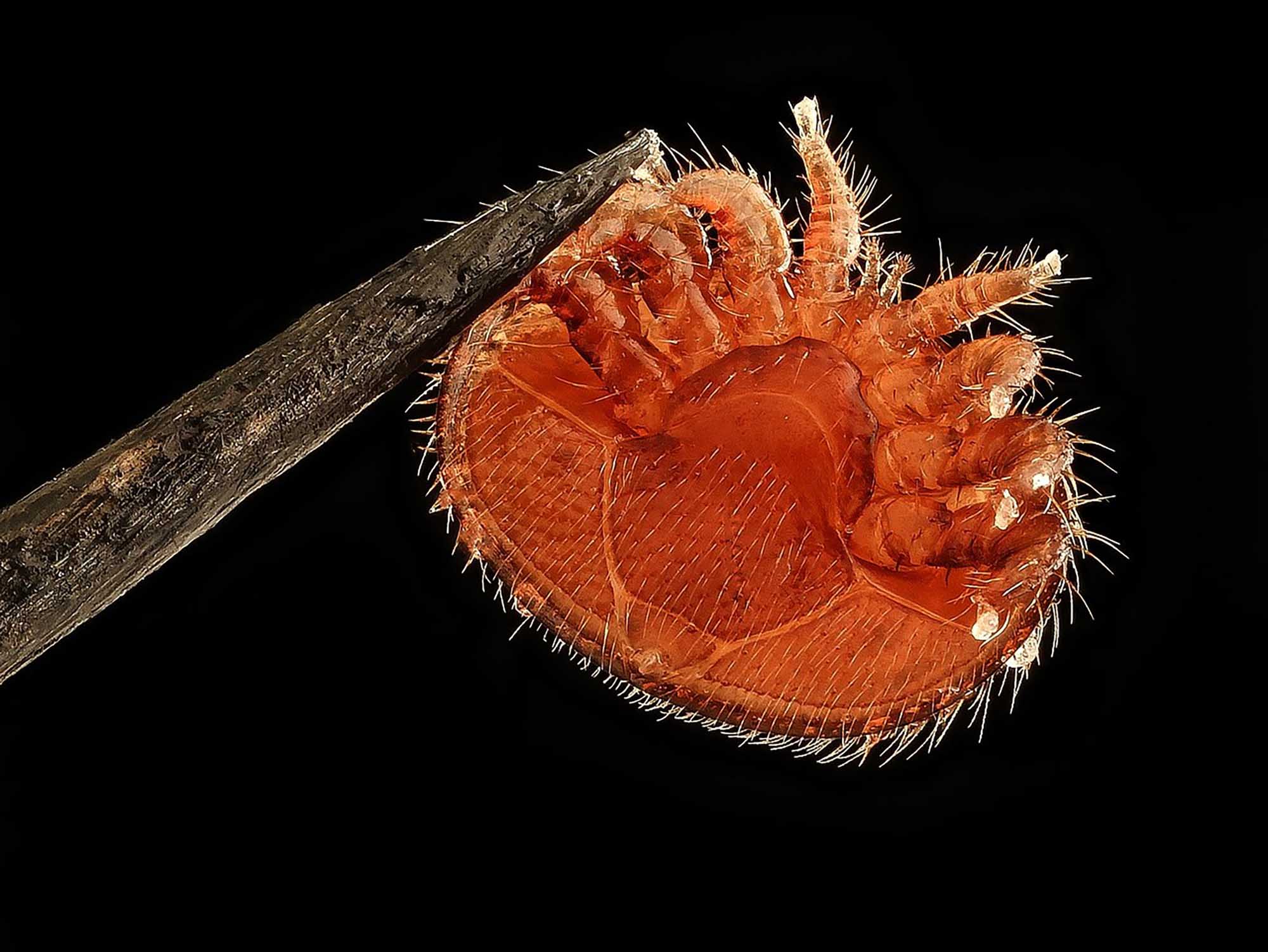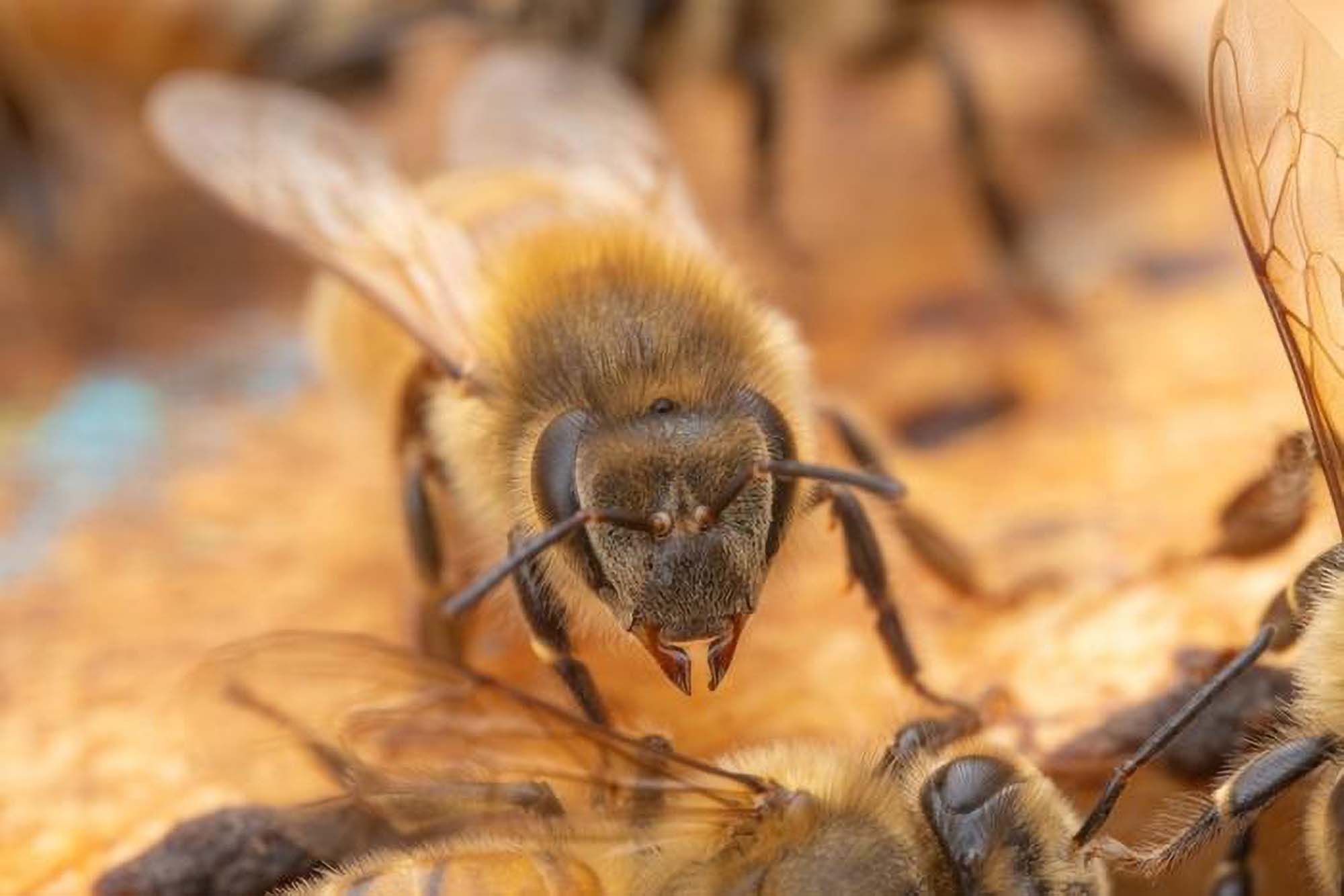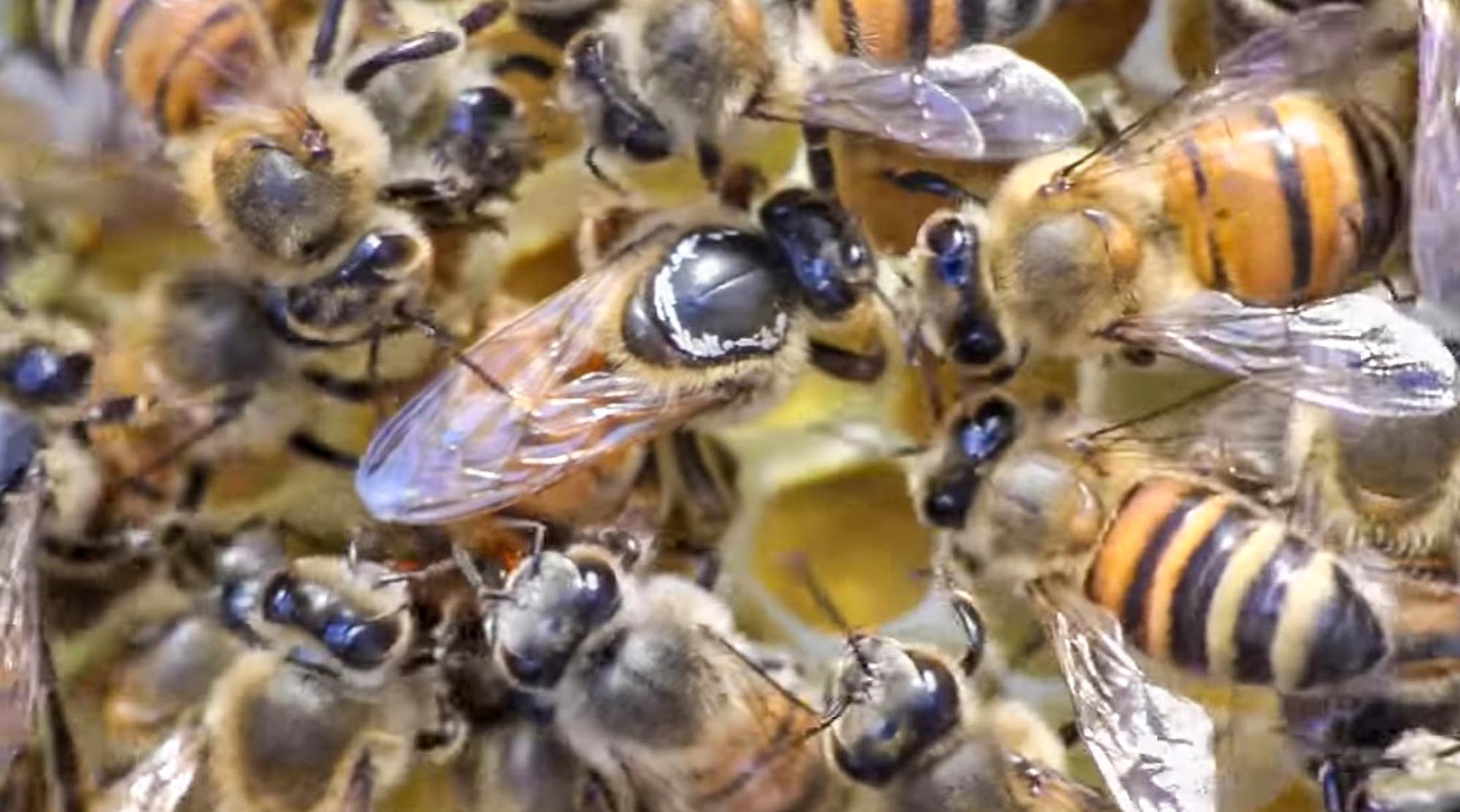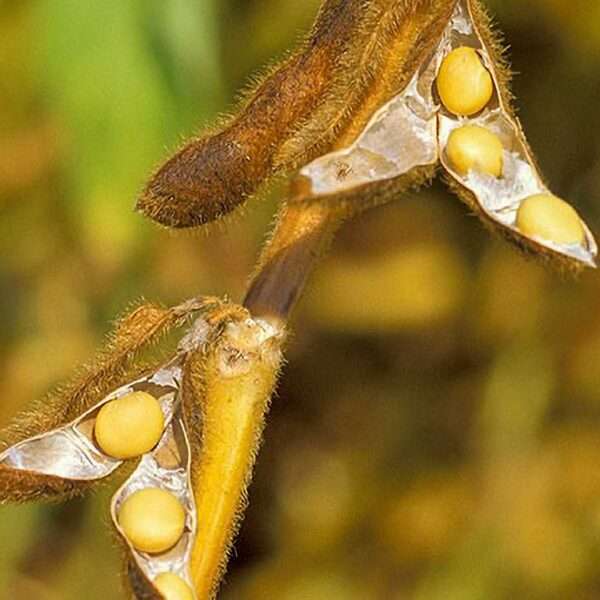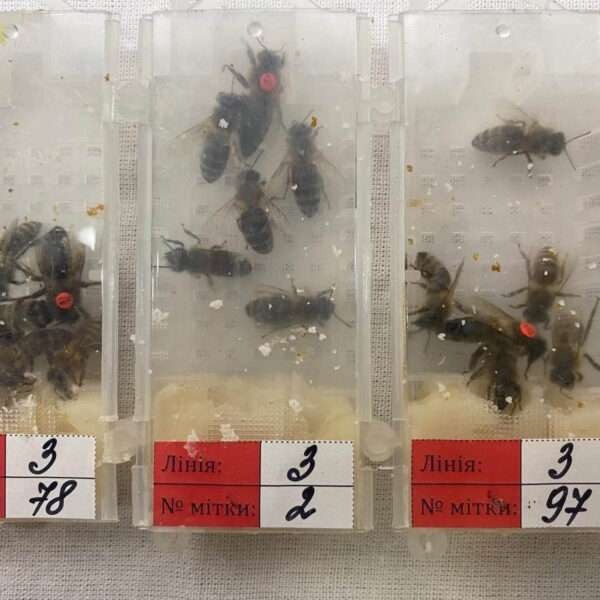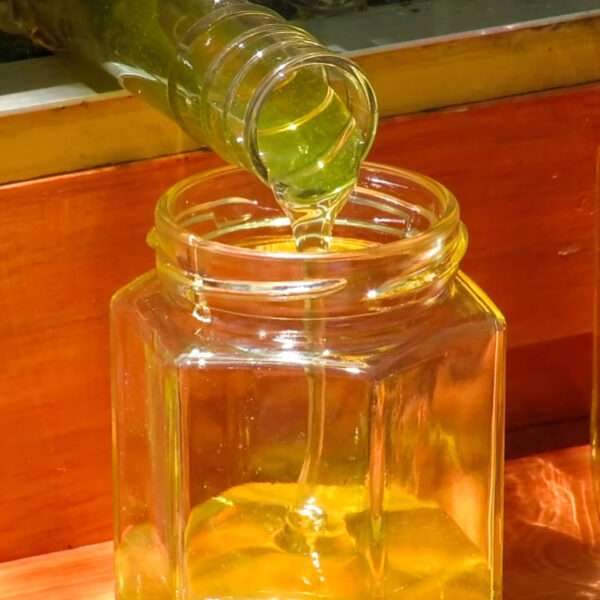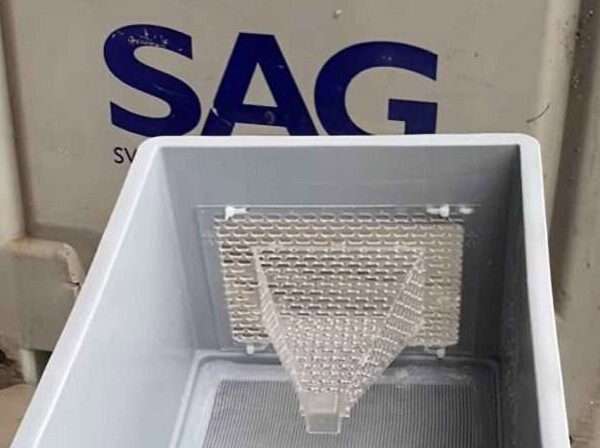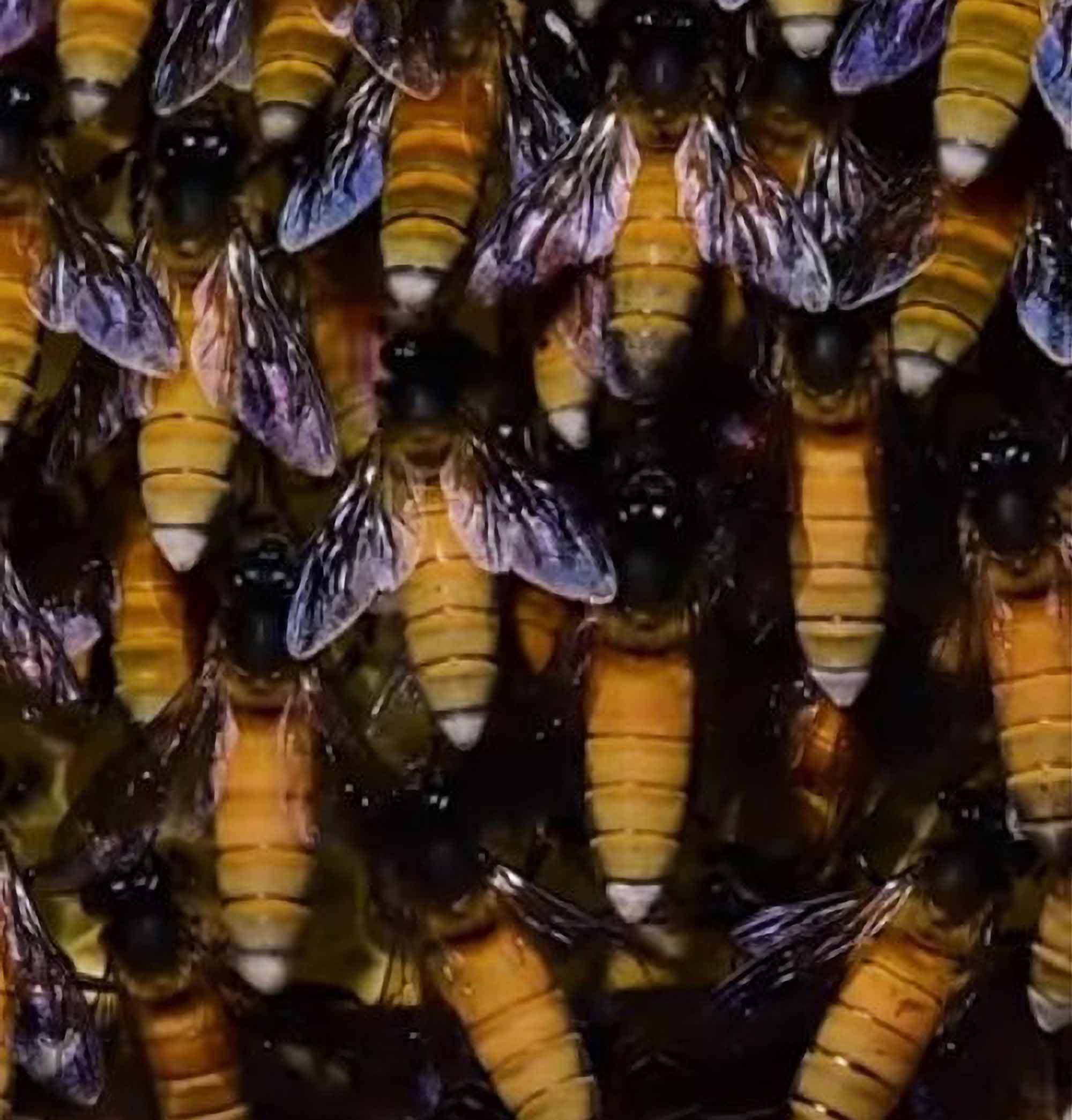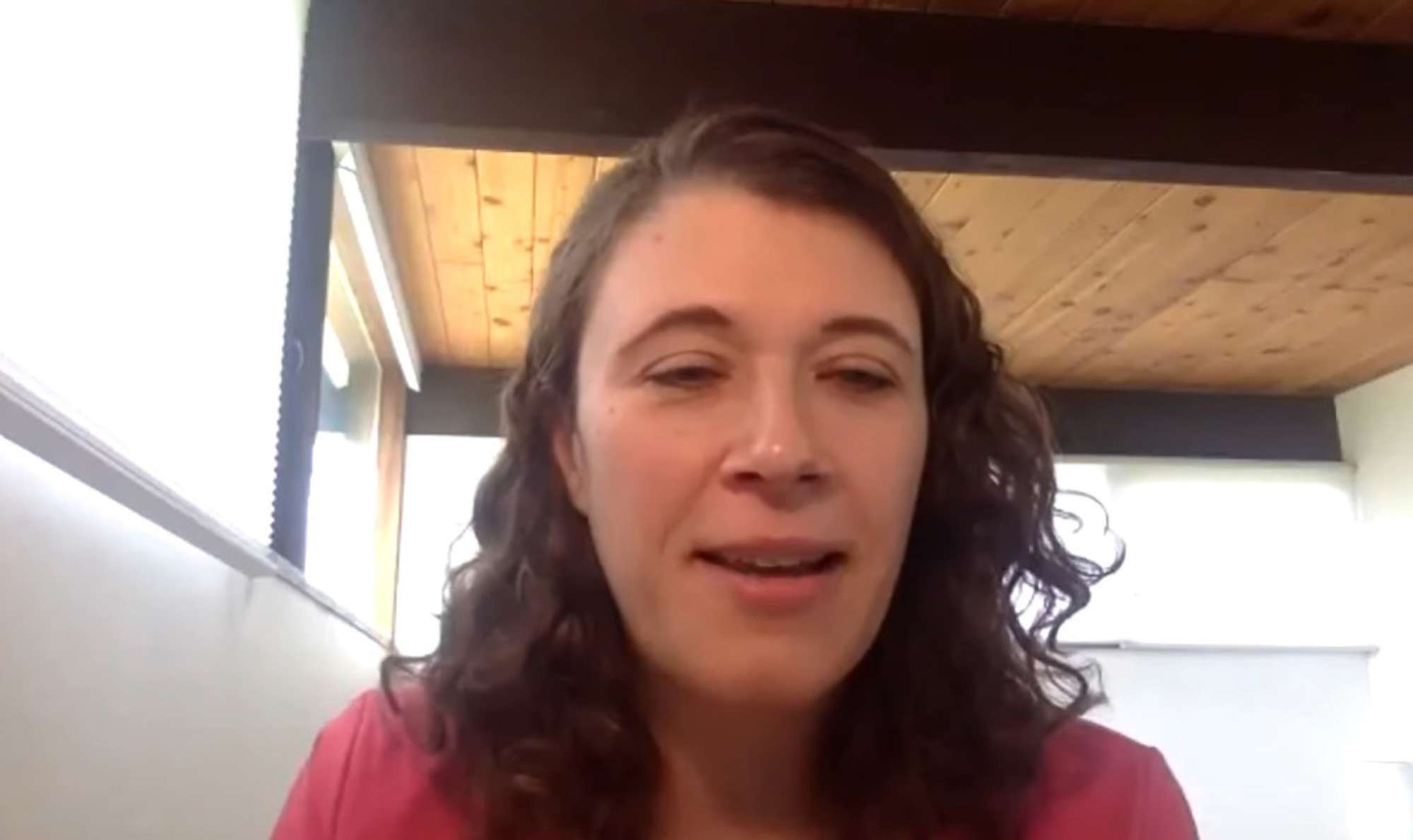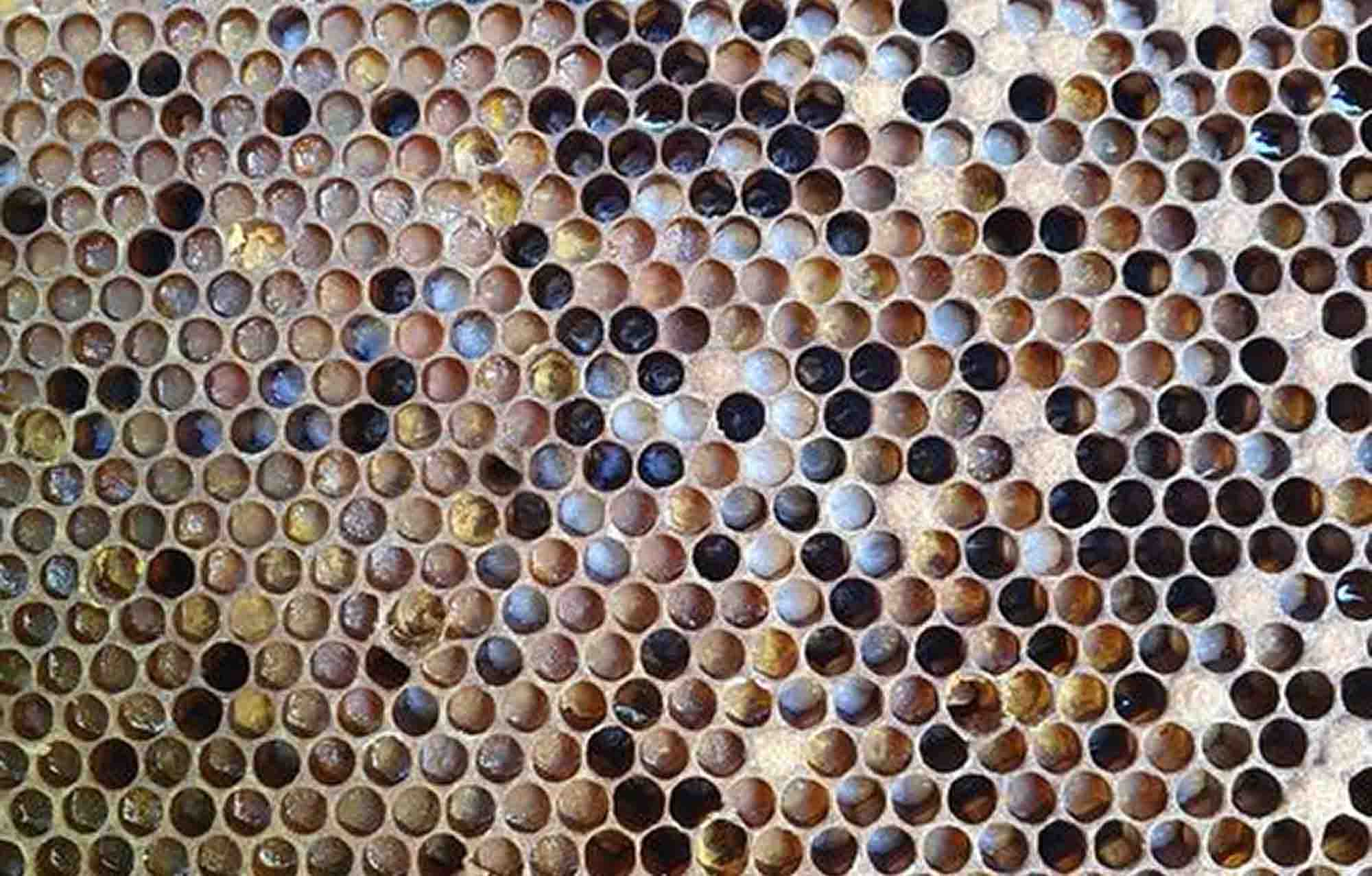The fight of Australian beekeepers and food producers against the dangerous Varroa destructor mite could cost billions, researchers have warned.
Authorities in New South Wales, which is Australia’s leading producer of honey, have introduced so-called eradication zones to extinguish the parasite which has the capacity to kill a whole colony of domesticated honeybees.
There has been enormous controversy about this policy as it means the enforced destruction of any honeybee hives situated in the affected area.
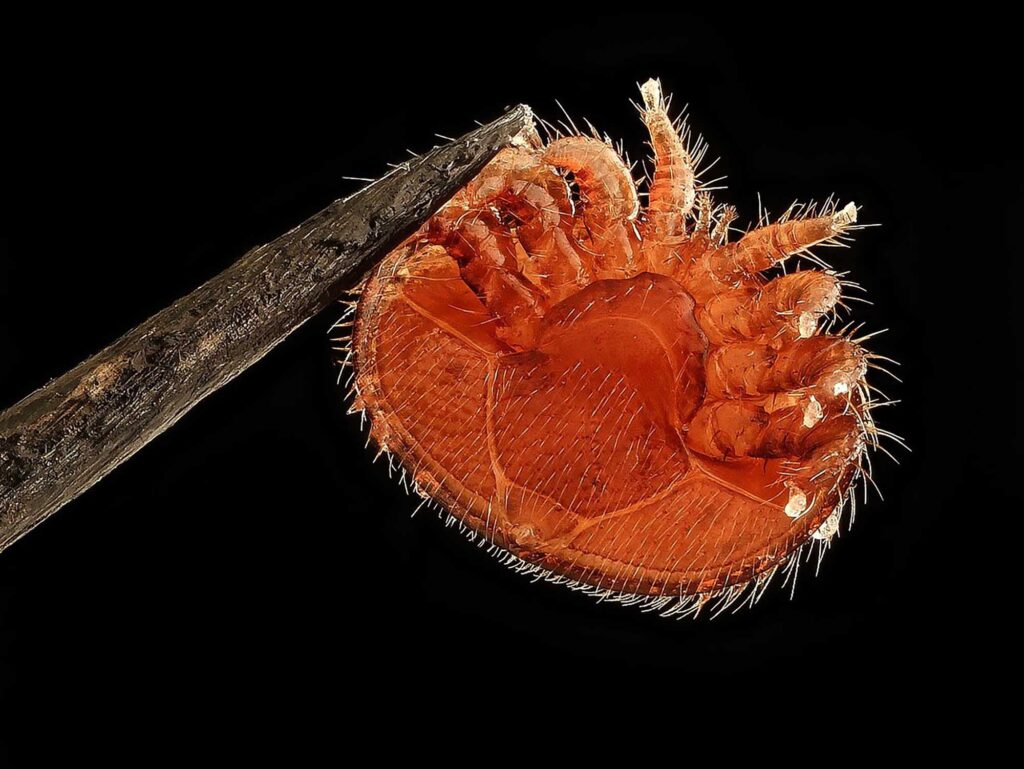
Now officials in neighbouring Victoria, the country’s main producer of fruit and nuts, are negotiating how to prevent the spreading of Varroa in their state.
The Australian Bureau of Agricultural and Resource Economics and Sciences (ABARES) warns that even attempting to contain the pest could cost around AUD four billion (EUR 2.41 billion, GBP 2.07 billion) in the coming 30 years.
The experts at ABARES warn that a further Varroa proliferation was posing a serious risk to the country’s honeybee industry which is reportedly worth more than AUD 400 million (EUR 241 million, GBP 207 million).
Farmers in Australia and all over the world rely on domesticated honeybees and numerous solitary species to pollinate their crops and orchards.
Varroa infestations are an enormous threat to colonies of European and Asian honeybees. However, studies have shown that the mite is incapable of directly attacking Australia’s various native bee species.
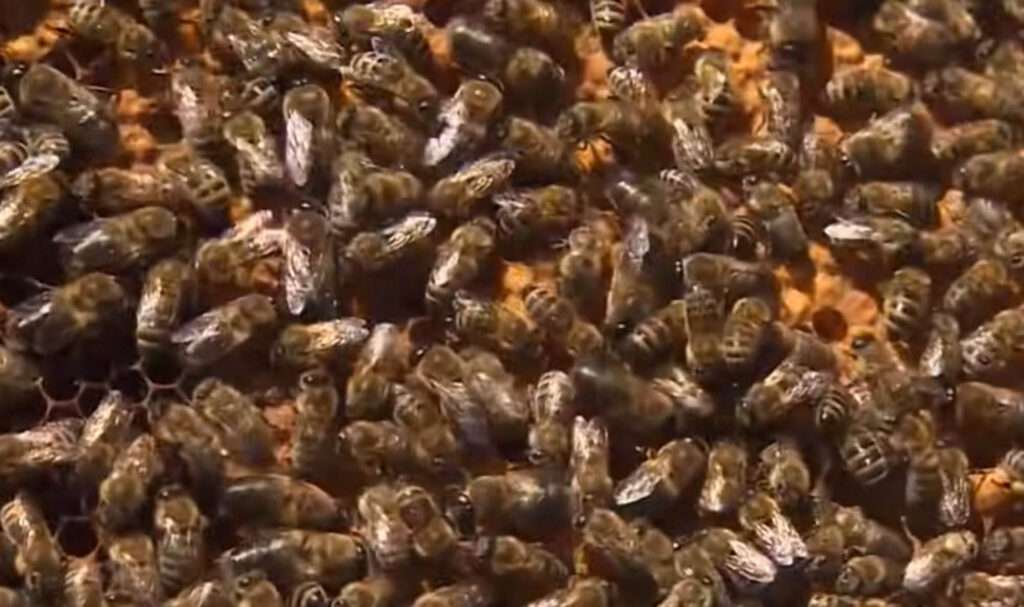
The European Commission says: “Since its arrival in Europe in the late 1970s, Varroa infests most colonies and represents the most impacting pathogen threat for honeybees and the beekeeping industry worldwide.”
Dutch apiculture technology company Arista Bee Research warns: “It is considered the largest contributor to (winter) losses. Untreated colonies often collapse within two years from the consequences of the fast-growing Varroa population.”
Some beekeepers in Germany aim to protect their colonies from Varroa infestations by focusing on breeding resilient bees.

